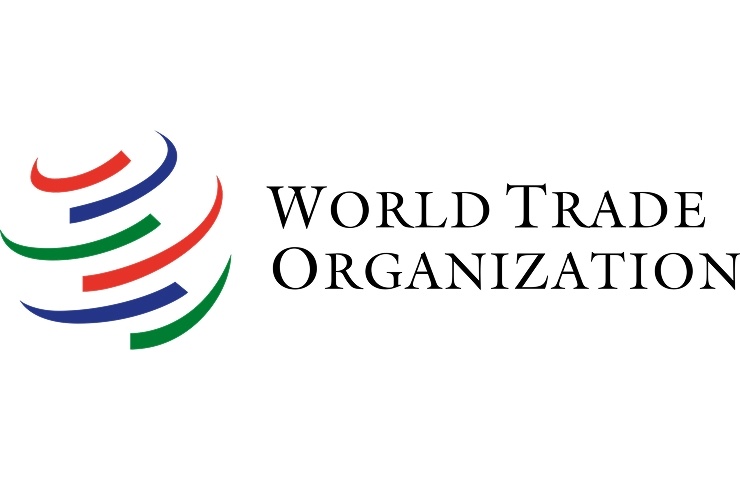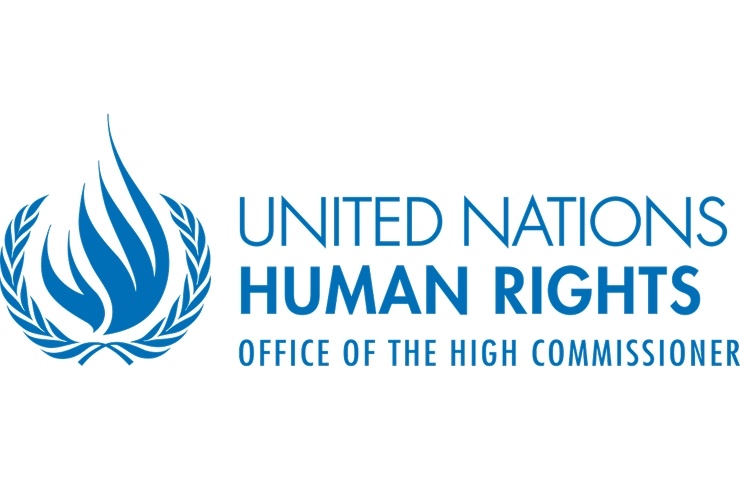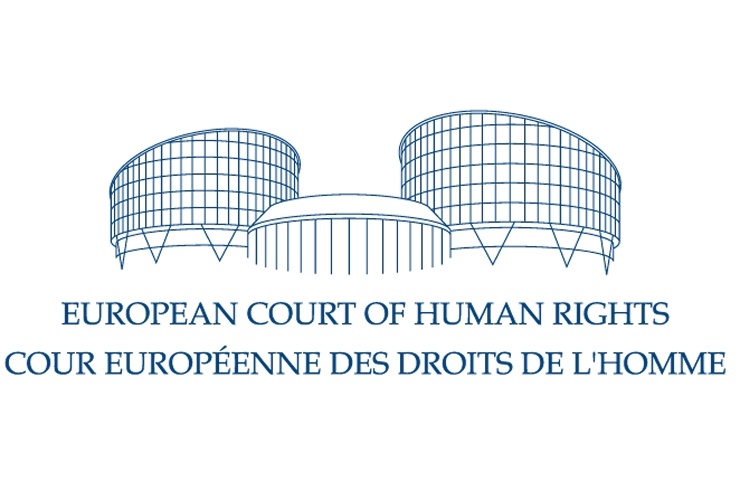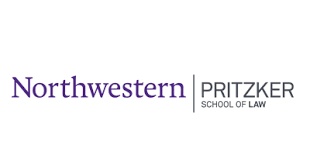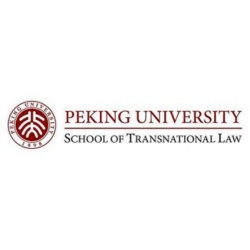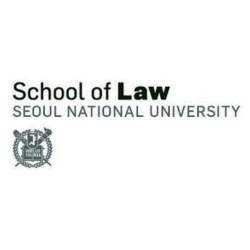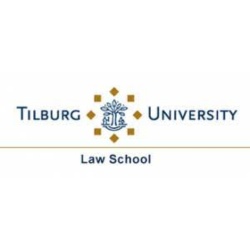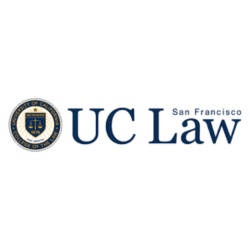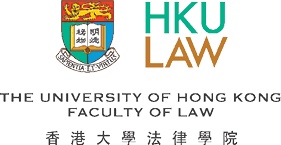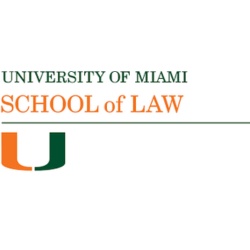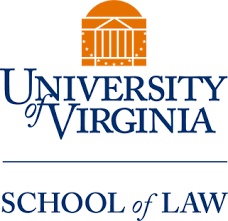
LL.M. in International Legal Studies
LL.M. in International Legal Studies

SHAPE YOUR PATH TO BECOMING THE LAWYER YOU WANT TO BE
SHAPE YOUR PATH TO BECOMING THE LAWYER YOU WANT TO BE
The LL.M. in International Legal Studies study plan is structured to ensure students gain a solid foundation in all key aspects of international legal contexts, before taking a deep dive into one of two major fields of specialization with great potential for international impact and professional career opportunities. Students will embark a transformational journey to learn the key skills for international legal professionals.

WANT TO KNOW MORE?
CLICK THROUGH THE LL.M. in International Legal Studies STRUCTURE
CLICK THROUGH THE LL.M. in International Legal Studies STRUCTURE
This is an interactive Program Structure designed to help you explore your LL.M. in International Legal Studies; by clicking in each period you can navigate through this dynamic platform and deepen your understanding of your journey during the program including the subjects and their descriptions.
- Introduction
- Launch week
- 1st PERIODSEP. - DEC.
- 2ND PERIODJAN. - APR.
- 3RD PERIOD: ELECTIVESAPR. – MAY
- FINAL PROJECT
- Add Ons
- Core Esentials 1st Period
- Specializations 1st Period
- Core Esentials 2nd Period
- Specializations 2nd Period
- Introduction
- Launch week
- 1st PERIODSEP. - DEC.
- 2ND PERIODJAN. - APR.
- 3RD PERIOD: ELECTIVESAPR. – MAY
- FINAL PROJECT
- Add Ons
*Please note that our program content is continually updated to remain in sync with market demands. Therefore, we advise you that the content is subject to change and it can be dependent on student demand.

OFFICIAL DEGREE
OFFICIAL DEGREE
Students must fulfill the following requirements to be able to request the issuance of the Official University Degree upon completion of the Master Program. If educational prerequisites are not provided and/or if the requirements are not met on time, the student will not be able to request the official university degree as issued by the Spanish government. In this case, the studies will not be official under Spanish educational regulations.
FINAL PROJECT
FINAL PROJECT
For their Final Project, students of the LL.M. in International Legal Studies at IE University can choose from three distinct options, allowing them to tailor their academic experience to their professional interests and goals:
INDIVIDUAL RESEARCH PROJECT
A deep, academic exploration of a legal topic guided by a faculty advisor.
CAPSTONE CONSULTING PROJECT
A practical, team-based consulting experience with leading organizations in the legal sector, focusing on real-world challenges. You can find some of capstone partners for the LL.M. in International Legal Studies: WTO, OHCHR, ECHR
MOOT COURT
Simulated legal exercises in which students present oral arguments and written briefs on hypothetical cases before a panel of judges. These competitions offer invaluable experience in legal analysis, public speaking, and courtroom procedures, helping students sharpen their advocacy skills in a realistic and competitive environment.
NOTE: The partners listed here are from previous intakes. Partnering institutions may vary from year to year.
Legal Immersion Experience
Legal Immersion Experience
LL.M. in International Legal Studies students have the chance to engage in a practical, real-world experience beyond traditional classroom learning by exploring and visiting international institutions and firms. This exceptional opportunity allows you to connect with esteemed professionals not only within the legal sphere but also specifically in your area of passion. Through hands-on workshops, insightful panel discussions, enriching masterclasses and valuable networking sessions, you will gain invaluable practical insights into the world of international law.

MENTORING PROGRAM IN THE LL.M. in International Legal Studies
MENTORING PROGRAM IN THE LL.M. in International Legal Studies
The LL.M. in International Legal Studies offers a personalized mentorship initiative alongside the academic curriculum to guarantee students get a hands-on approach to international law in their studies. Through a series of individualized meetings, experienced legal practitioners provide invaluable insights, wisdom and guidance. Students have the opportunity to establish a strong rapport with a respected legal professional who has traversed a similar path and understands the challenges they face. This mentoring program not only facilitates the expansion of their professional network in the rapidly evolving and globalized field of international law, but also offers counseling services and effective support to foster their success as legal professionals.
Key benefits of the mentoring program include:
- Enhancing professional integration through the establishment of valuable professional connections with the guidance of mentors.
- Facilitating the exchange of experiences, as experts are more inclined to share their expertise gained in law firms with junior colleagues. Conversely, newcomers are eager to listen and learn from their experiences.
- Providing individualized counseling services and effective support to foster the growth and accomplishment of students in their professional endeavors. Moreover, the creation of professional contact networks further enhances their professional integration through the assistance of mentors.
EXCHANGE PROGRAM
EXCHANGE PROGRAM
IE University has agreements with prestigious universities in over 20 countries worldwide, allowing students to spend a semester abroad as part of their international law studies. This opportunity, included in the program fee, enriches their academic experience while broadening perspectives through travel and exposure to diverse cultures.
Students can customize their LL.M. program by spending an additional semester at one of our partner institutions. Upon acceptance, tuition at the partner institution is free of charge, with only living expenses to be covered.
*Exchanges are reviewed on a yearly basis, and partner institutions may change. Spots are limited in all exchange programs, and there is a fee for reserving your place.
